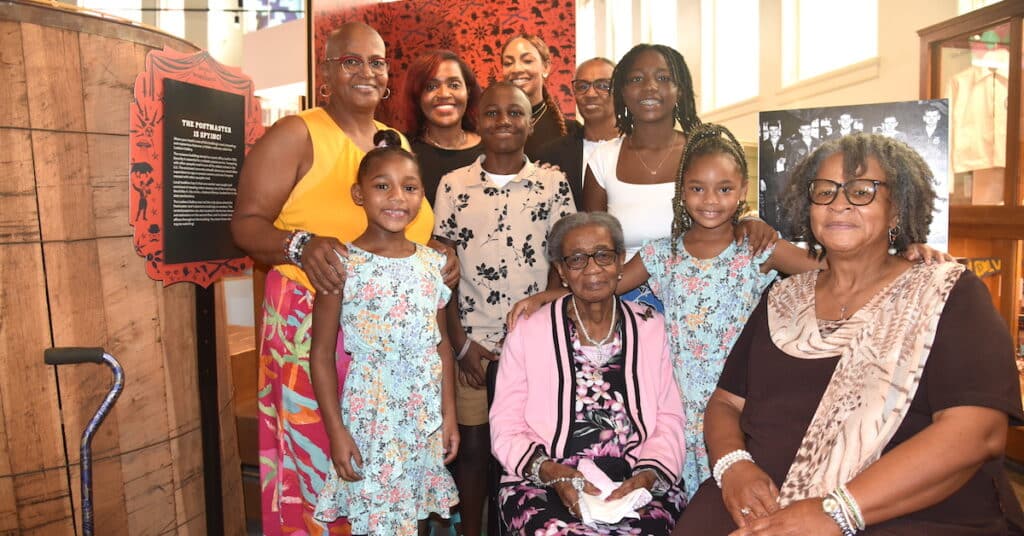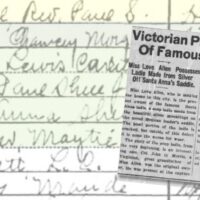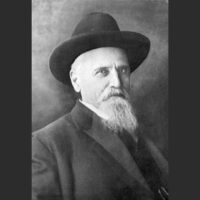Sunday afternoon at the Pennyroyal Area Museum, the program for the Eighth of August Emancipation Celebration included audio clips from oral histories recorded with local Black residents.
One of the oral histories was with Nannie M. Croney, a Christian County woman who was raising nine children during the era when local public schools were beginning to integrate.
Croney, 87, and several members of her family — including three daughters, two granddaughters, three great-granddaughters and a great-grandson — were present to hear the program.

In that interview, Croney recalled when she took a few of her children to enroll at Sinking Fork School.
The principal told Croney that her children were behind academically.
But Croney wasn’t having it.
She was holding onto books from the white schools she had saved from a trash heap when someone told her the books would be thrown away.
“I was teaching my kids out of those books,” Croney described in the oral history interview. “… when I transferred them to Sinking Fork, [Principal Charles] Yates told me they were going to put them back two grades because they were not up with the white kids.
“I said, ‘No, you’re not.’”
She told the principal to give her two weeks.
“He didn’t know I had the same books.”
When the Croney children were tested, they were ready to start at their grade level. No one was held back.
Croney’s story of resistance on behalf of her children was one among several narratives from local families that were shared during Sunday’s program. The museum’s exhibit hall was packed with audience members.
Croney’s great-granddaughter, Rhyss Sallie, introduced her oral history clip.
Maybe I am biased because I love listening to stories. But I was surprised that I saw only one local elected representative, Magistrate Magaline Ferguson, at the museum program.
Sponsored by the Human Rights Commission, the emancipation celebration also included clips from oral histories featuring:
- Odessa Chestine (introduced by Jada Poindexter)
- Arnold Lynch (introduced by his granddaughter Malaya Wesley)
- Wendell Lynch (introduced by his son Brian Lynch)
- Dorothy Tolliver (introduced by her daughter Janet Tolliver-Hopson)
- Sisters Gwenda Motley and Valeria Watkins (introduced by Motley’s granddaughter Kylie Radford)
- James Victor (introduced by Nathan Radford)
Sunday’s program at the museum followed the Taste of the Town, Saturday at Hopkinsville Brewing Co., with several Black-owned food vendors. This marked the third consecutive year for the food truck event and museum program celebrating the Eighth of August, the date when African-Americans in Hopkinsville and surrounding communities traditionally have commemorated the emancipation of their ancestors.
An earlier version of this article in the Sunday Brew newsletter contained a mistake in Ronan Croney-Sallie‘s name. It has been corrected here in the photo caption.
Jennifer P. Brown is co-founder, publisher and editor of Hoptown Chronicle. You can reach her at editor@hoptownchronicle.org. She spent 30 years as a reporter and editor at the Kentucky New Era. She is a co-chair of the national advisory board to the Institute for Rural Journalism and Community Issues, governing board president for the Kentucky Historical Society, and co-founder of the Kentucky Open Government Coalition.





